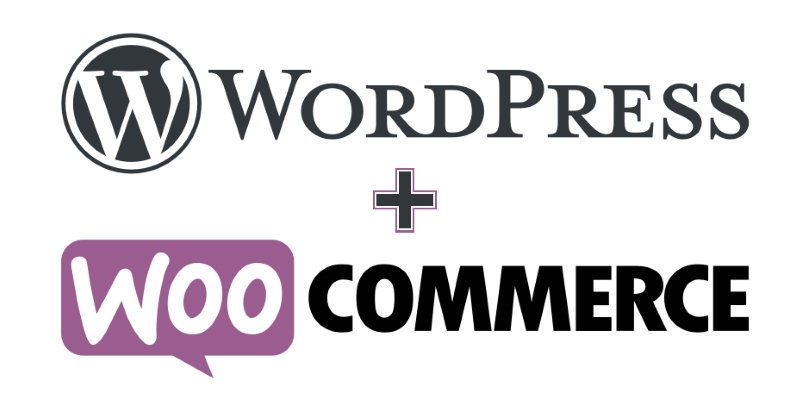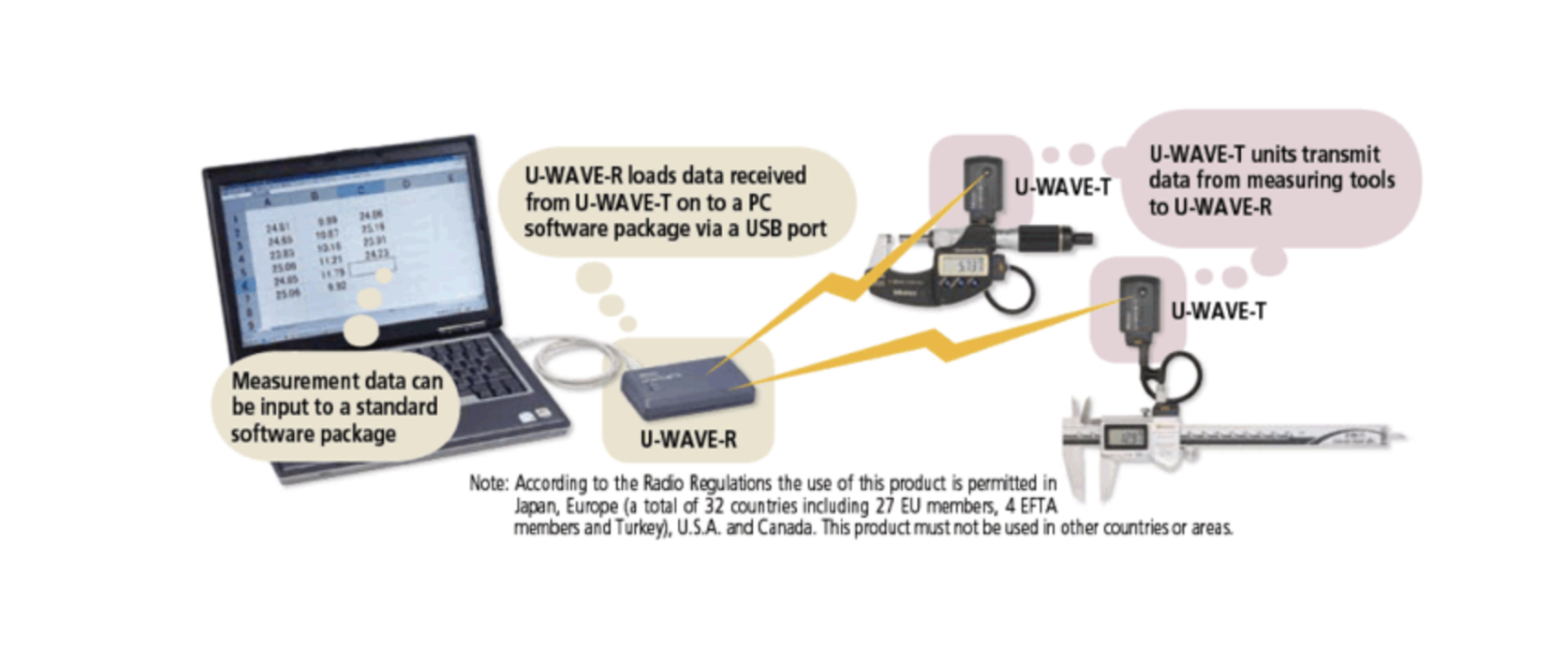What Industries Can Benefit from Odoo?
Odoo is one of the most versatile and scalable ERP solutions on the market today. With its modular design and extensive features, it is suitable for businesses of all sizes across a wide range of industries. Whether you’re running a small retail shop or managing a large manufacturing enterprise, Odoo can help streamline operations and improve efficiency.
Here’s a look at some of the industries that can benefit most from adopting Odoo:
1. Retail and E-commerce
Retailers and e-commerce businesses often struggle with inventory management, customer engagement, and financial tracking. Odoo offers powerful tools for:
- Point of Sale (POS): An intuitive POS system that integrates with inventory and accounting.
- E-commerce: A fully customizable online store integrated with CRM, marketing, and sales.
- Inventory Management: Real-time tracking of stock levels and warehouse operations.
Example Use Case:
A boutique clothing store can use Odoo’s POS to track in-store sales while syncing data with their online shop, ensuring seamless inventory management.
2. Manufacturing
Manufacturing businesses face complex challenges such as production planning, inventory optimization, and quality control. Odoo’s manufacturing module simplifies these processes with:
- MRP (Manufacturing Resource Planning): Tools to schedule and track production.
- Inventory Integration: Automatic updates of raw material usage.
- Quality Control: Tools for ensuring product consistency.
Example Use Case:
A furniture manufacturer can track raw material stocks, manage production schedules, and ensure that finished goods meet quality standards—all within Odoo.
3. Healthcare
Healthcare providers need efficient systems to manage patient data, appointments, and billing. Odoo offers:
- Appointment Scheduling: Streamlined booking and calendar management.
- Patient Management: Easy-to-use tools for storing and accessing patient records.
- Billing and Accounting: Integrated financial tools to simplify medical billing.
Example Use Case:
A private clinic can use Odoo to manage patient appointments, send reminders, and process invoices—allowing staff to focus more on patient care.
4. Wholesale and Distribution
Distributors need precise control over their supply chain, inventory, and customer orders. Odoo provides:
- Inventory Management: Tools for multi-warehouse operations.
- Sales Order Management: A unified system for processing orders and invoices.
- Shipping Integration: Connections to major shipping carriers for streamlined logistics.
Example Use Case:
A food distributor can track products across multiple warehouses, manage order fulfillment, and optimize delivery routes with Odoo.
5. Education
Educational institutions benefit from Odoo’s ability to manage administrative and academic operations. Key features include:
- Student Information System: Centralized student data and progress tracking.
- Course Management: Tools for organizing curricula and class schedules.
- Finance Management: Tools for tuition tracking and expense management.
Example Use Case:
A private school can use Odoo to manage student enrollment, track payments, and communicate with parents more effectively.
6. Service-Based Businesses
Service providers like consultants, IT firms, and agencies require tools for managing projects, resources, and client relationships. Odoo supports:
- Project Management: Task assignment, time tracking, and milestones.
- Timesheets: Real-time recording of billable hours.
- CRM (Customer Relationship Management): Tools to manage leads and client interactions.
Example Use Case:
A digital marketing agency can track client campaigns, manage billing, and monitor team performance—all within a single platform.
7. Agriculture and Farming
Even agriculture can benefit from modern ERP solutions. Odoo offers tools to track crop production, manage equipment, and oversee farm finances:
- Equipment Maintenance: Scheduling and tracking machinery upkeep.
- Inventory Management: Tools for fertilizers, seeds, and other supplies.
- Accounting: Easy tracking of farm income and expenses.
Example Use Case:
A small organic farm can use Odoo to track harvest yields, manage expenses, and schedule maintenance for farming equipment.
Why Choose Odoo for Your Industry?
Odoo’s flexibility lies in its modular structure. Businesses can start with the core modules they need and expand as their operations grow. Additionally, Odoo’s open-source nature makes it highly customizable, enabling businesses to adapt the platform to their unique needs.
Key Benefits:
- Centralized data management.
- Cost-effective and scalable solutions.
- User-friendly interface with minimal learning curve.
- Seamless integration with third-party tools.
Final Thoughts
Regardless of your industry, Odoo offers a wealth of features to help you manage and optimize your business. By automating routine tasks and providing actionable insights, Odoo empowers businesses to focus on what truly matters—growth and customer satisfaction.
If you’re ready to see how Odoo can transform your business, contact us today for a free consultation or demo!
Get in Touch with us
Related Posts
- AI会在2026年取代软件开发公司吗?企业管理层必须知道的真相
- Will AI Replace Software Development Agencies in 2026? The Brutal Truth for Enterprise Leaders
- 使用开源 + AI 构建企业级系统(2026 实战指南)
- How to Build an Enterprise System Using Open-Source + AI (2026 Practical Guide)
- AI赋能的软件开发 —— 为业务而生,而不仅仅是写代码
- AI-Powered Software Development — Built for Business, Not Just Code
- Agentic Commerce:自主化采购系统的未来(2026 年完整指南)
- Agentic Commerce: The Future of Autonomous Buying Systems (Complete 2026 Guide)
- 如何在现代 SOC 中构建 Automated Decision Logic(基于 Shuffle + SOC Integrator)
- How to Build Automated Decision Logic in a Modern SOC (Using Shuffle + SOC Integrator)
- 为什么我们选择设计 SOC Integrator,而不是直接进行 Tool-to-Tool 集成
- Why We Designed a SOC Integrator Instead of Direct Tool-to-Tool Connections
- 基于 OCPP 1.6 的 EV 充电平台构建 面向仪表盘、API 与真实充电桩的实战演示指南
- Building an OCPP 1.6 Charging Platform A Practical Demo Guide for API, Dashboard, and Real EV Stations
- 软件开发技能的演进(2026)
- Skill Evolution in Software Development (2026)
- Retro Tech Revival:从经典思想到可落地的产品创意
- Retro Tech Revival: From Nostalgia to Real Product Ideas
- SmartFarm Lite — 简单易用的离线农场记录应用
- OffGridOps — 面向真实现场的离线作业管理应用














